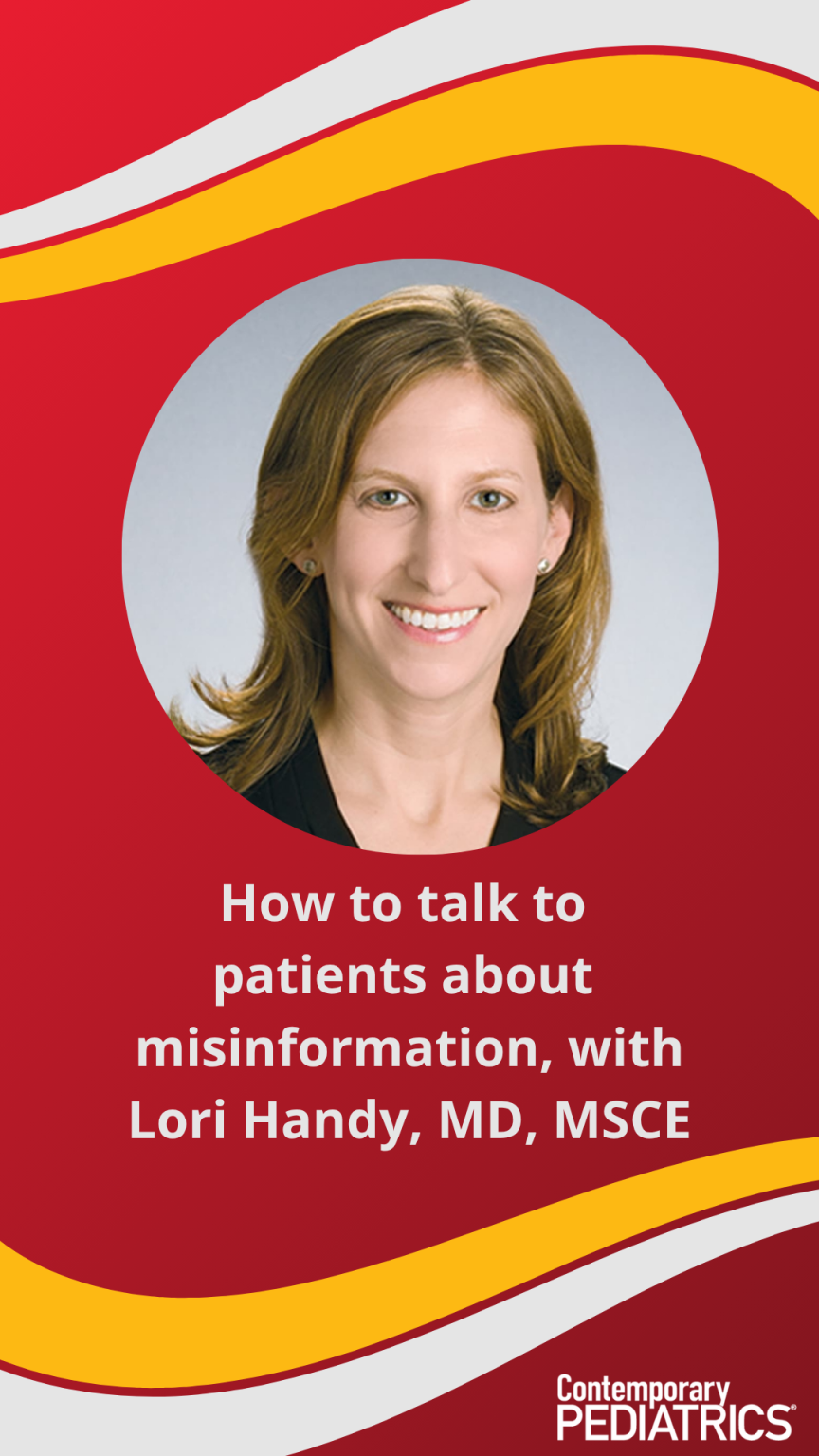Listen to the article
In an era where health misinformation spreads as rapidly as viral infections, healthcare providers increasingly find themselves on the front lines of a different kind of public health battle. Medical professionals across the country report spending significant portions of patient visits addressing misconceptions, conspiracy theories, and outright falsehoods that patients have encountered online or through social media.
The challenge has grown particularly acute in pediatric practices, where parents’ healthcare decisions directly impact children who cannot advocate for themselves. Vaccine hesitancy, alternative treatment regimens, and distrust of established medical protocols have all surged in recent years, creating complex conversational terrain for physicians to navigate.
“We’re seeing a fundamental shift in the doctor-patient relationship,” explains Dr. Maria Hernandez, a pediatrician at Boston Children’s Hospital. “Twenty years ago, physicians were the primary source of health information. Today, we’re often in the position of having to counter information patients have already absorbed from unvetted sources.”
Research from the American Medical Association indicates that physicians now spend an average of seven additional minutes per appointment addressing misinformation—time that could otherwise be devoted to diagnosis and treatment. The problem has been exacerbated by the COVID-19 pandemic, which created fertile ground for medical misinformation to flourish amid uncertainty.
Communication experts emphasize that the approach matters as much as the correction itself. Confrontational tactics or dismissive responses can backfire, pushing patients toward further skepticism rather than evidence-based understanding.
“The goal isn’t to win an argument but to build trust,” notes health communication specialist Jennifer Ramirez. “When patients feel heard and respected, they’re more likely to be receptive to accurate information.”
Healthcare systems nationwide have begun implementing formal training programs to help providers address misinformation effectively. These programs focus on validating patient concerns while gently introducing credible information through personalized communication strategies.
The Mayo Clinic recently launched a program that trains physicians to use the “acknowledge, inquire, inform” method. This approach begins with acknowledging the patient’s concerns without judgment, inquiring about the source and nature of their information, and then informing them with evidence-based alternatives.
“We’ve found that asking ‘What makes that information seem reliable to you?’ opens far more doors than stating ‘That’s incorrect,'” explains Dr. Thomas Wei, who helps direct the initiative.
Public health officials warn that the stakes of these conversations extend beyond individual patients. Misinformation that leads to vaccine refusal, for instance, can compromise community immunity and put vulnerable populations at risk. This has been observed with measles outbreaks in communities with low vaccination rates.
Digital literacy also plays a crucial role in addressing the problem at its source. Several hospital systems have begun providing patients with resources to evaluate online health information critically. These include simple frameworks for assessing source credibility, recognizing red flags, and identifying conflicts of interest.
“In many ways, this is about empowering patients to become better consumers of health information,” says digital health educator Samantha Brooks. “We want them to approach online claims with the same scrutiny they might use when making any important decision.”
Healthcare providers also emphasize the importance of maintaining perspective. Most patients seeking alternative information are motivated by legitimate concerns for their health or their children’s wellbeing, not by a desire to challenge medical authority.
The American Academy of Pediatrics recommends that physicians create space for these concerns while firmly advocating for evidence-based care. This balanced approach recognizes both the autonomy of patients and the responsibility of providers to promote health literacy.
As one family physician put it, “The relationship between doctor and patient has always been built on trust. In today’s information environment, earning that trust requires new skills and greater patience, but the fundamental goal remains unchanged: helping patients make the best possible decisions for their health.”
Fact Checker
Verify the accuracy of this article using The Disinformation Commission analysis and real-time sources.




17 Comments
Misinformation can have devastating consequences, especially when it comes to children’s health. Pediatricians are on the frontlines of this battle.
It’s alarming how much medical misinformation spreads on social media. Pediatricians are on the front lines of this battle to protect children’s health.
This is a critical issue. Doctors need the right communication strategies to build trust and persuade parents to make evidence-based decisions.
Dealing with misinformation is a growing challenge for pediatricians. They need effective communication skills to guide parents away from dangerous falsehoods.
Agreed. Maintaining trust and open dialogue is essential for doctors to counter online health myths and ensure children’s wellbeing.
The rise of health misinformation online is really troubling. Pediatricians have a responsibility to counter false claims and help parents make informed decisions for their kids.
Absolutely. Doctors need the skills to have constructive conversations and steer patients away from dangerous alternative treatments.
Vaccine hesitancy is a major concern. Pediatricians have to be prepared to patiently address parents’ fears and misconceptions about vaccine safety and efficacy.
This is a growing challenge. Doctors should proactively provide parents with reputable information to counter online misinformation.
Physicians today have to act as myth-busters, countering the flood of bad health advice online. Pediatricians in particular face this challenge daily with parents.
This is a critical issue that all pediatricians must be prepared to address. Misinformation can put children’s health at serious risk.
This is an important issue for pediatricians. Misinformation can have serious consequences for children’s health. Doctors need strategies to effectively address patient concerns while maintaining trust.
Agree, it’s critical for doctors to guide patients to reliable medical sources. Building open dialogue is key to resolving misconceptions.
The erosion of trust in mainstream medicine is really concerning. Pediatricians need robust strategies to counter online misinformation and conspiracy theories.
Absolutely. Doctors should provide parents with reliable, evidence-based information to make informed decisions for their kids.
This is a growing crisis in pediatric care. Doctors must find ways to effectively address misinformation and conspiracy theories that put children at risk.
Agreed. Maintaining an open, empathetic dialogue is key to resolving these issues and restoring trust in the medical establishment.